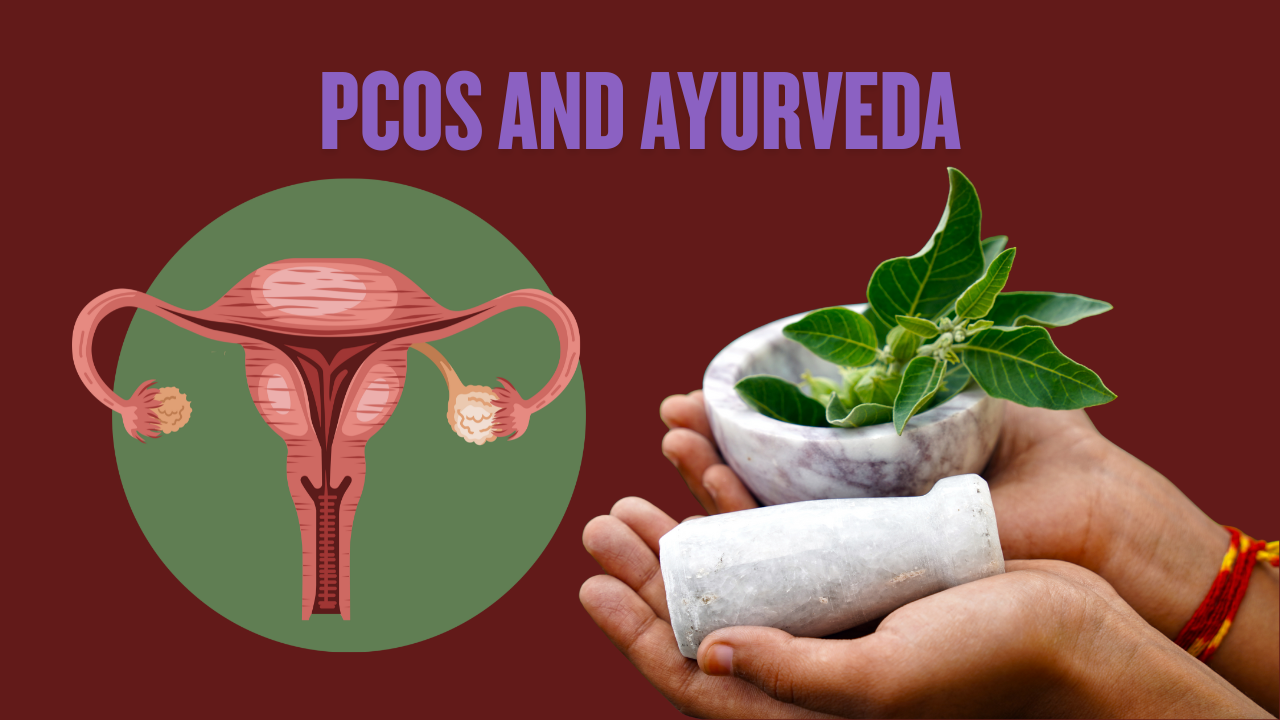Can Ayurveda Restore Fix Fertility Issues In PCOS What Doctors Often Miss?

Credits: Health and me
SummaryAyurveda views PCOS not just as a hormonal disorder but as a deeper imbalance in the body. Through dosha analysis, detox, lifestyle changes, and herbal therapies, Ayurveda offers women a personalized path to restore hormonal balance, regulate cycles, and improve overall fertility and wellbeing.
End of Article
